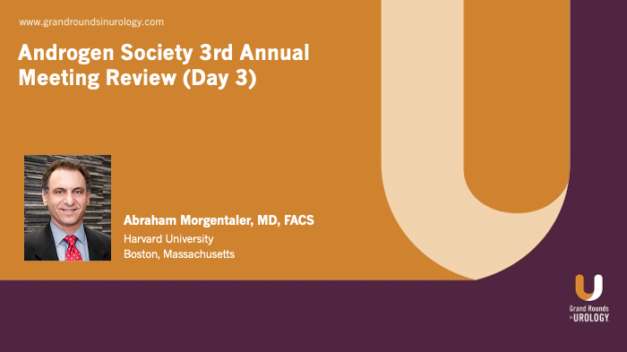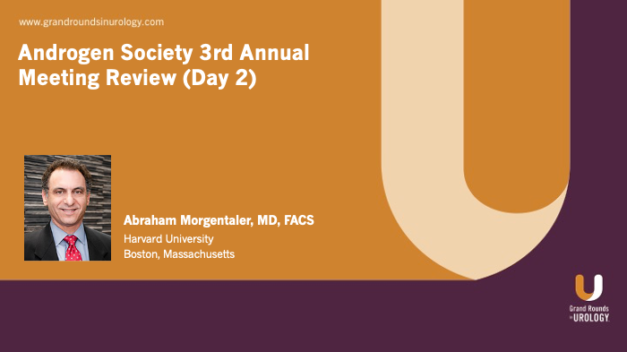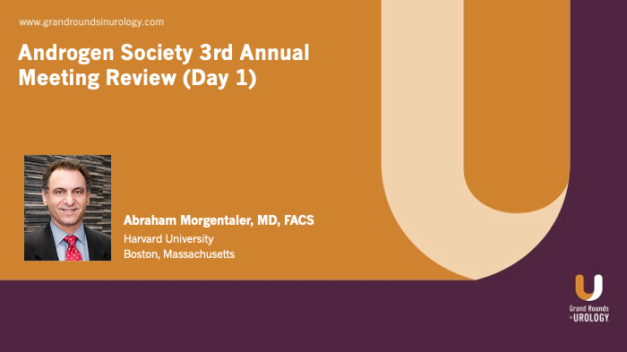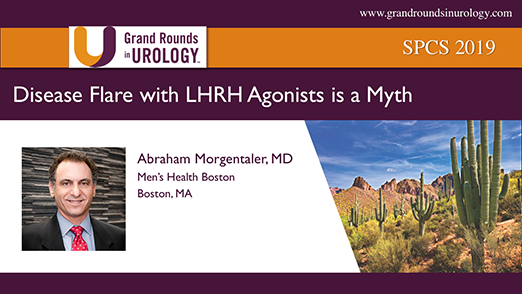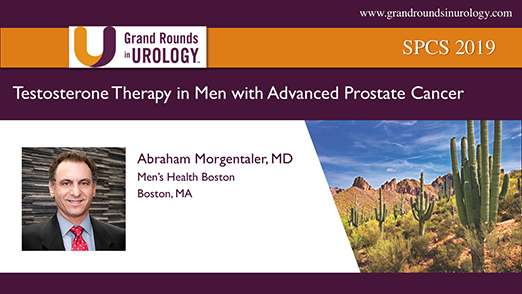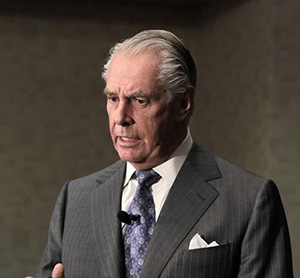Androgen Society 3rd Annual Meeting Review (Day 3)
Abraham Morgentaler, MD, FACS, Associate Clinical Professor of Urologic Surgery at Harvard University, reviews day three of the 3rd annual meeting of the Androgen Society, an international organization consisting of healthcare professionals interested in testosterone deficiency and its treatment. The day began when Martin Miner, MD, and Jean-Paul Deslypere, MD, PhD, debated the correct threshold for diagnosing testosterone deficiency, ultimately concluding that the lower the T level, the better. Dr. Desylpere then discussed the role of active metabolites of testosterone in manhood, specifically the importance of testosterone in developing structural and functional characteristics of the sex. Hugh Jones, MD, followed with an analysis of androgen receptor sensitivity and its implications for clinical disorders and mortality. Abdulmaged Traish, PhD, then presented on whether or not age-related testosterone deficiency should be treated, respectfully disagreeing with the FDA’s position on not treating men with age-related hypogonadism. Martin Miner, MD, then looked at the relationship between testosterone and mood, depression, and dementia. Next, David Sullivan, MS, PhD, shared information about the preventative effect of androgens on dry eyes. Ernani Rhoden, MD, spoke on testosterone and gynecomastia before engaging in a debate on whether testosterone therapy may be used as monotherapy treatment of erectile dysfunction. The day concluded with a discussion by Dr. Morgentaler on testosterone, science, and human dignity that stemmed from his experiences with patients wanting testosterone therapy despite the impact on their life expectancies out of a desire to improve their quality of life.
Read More
